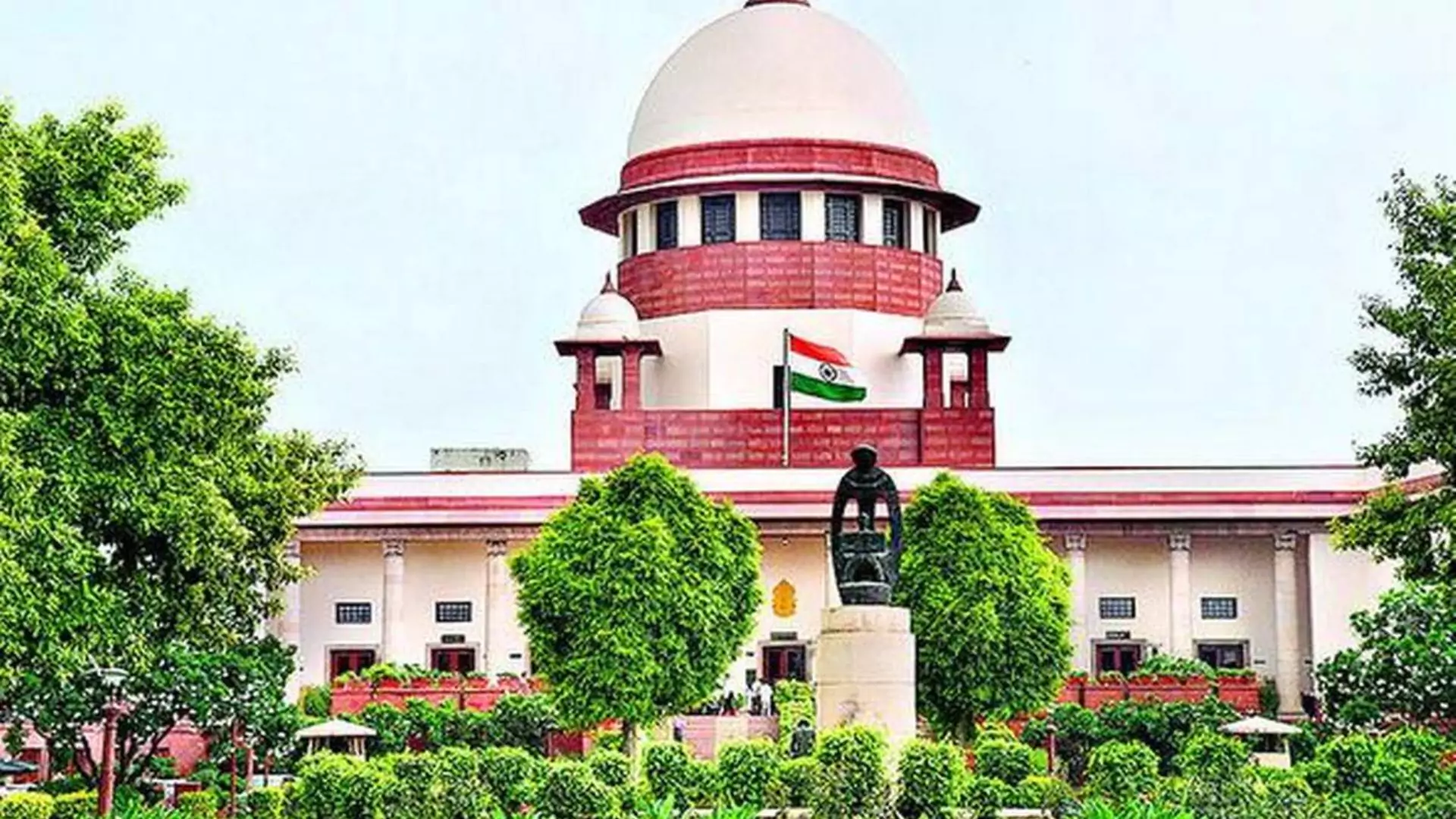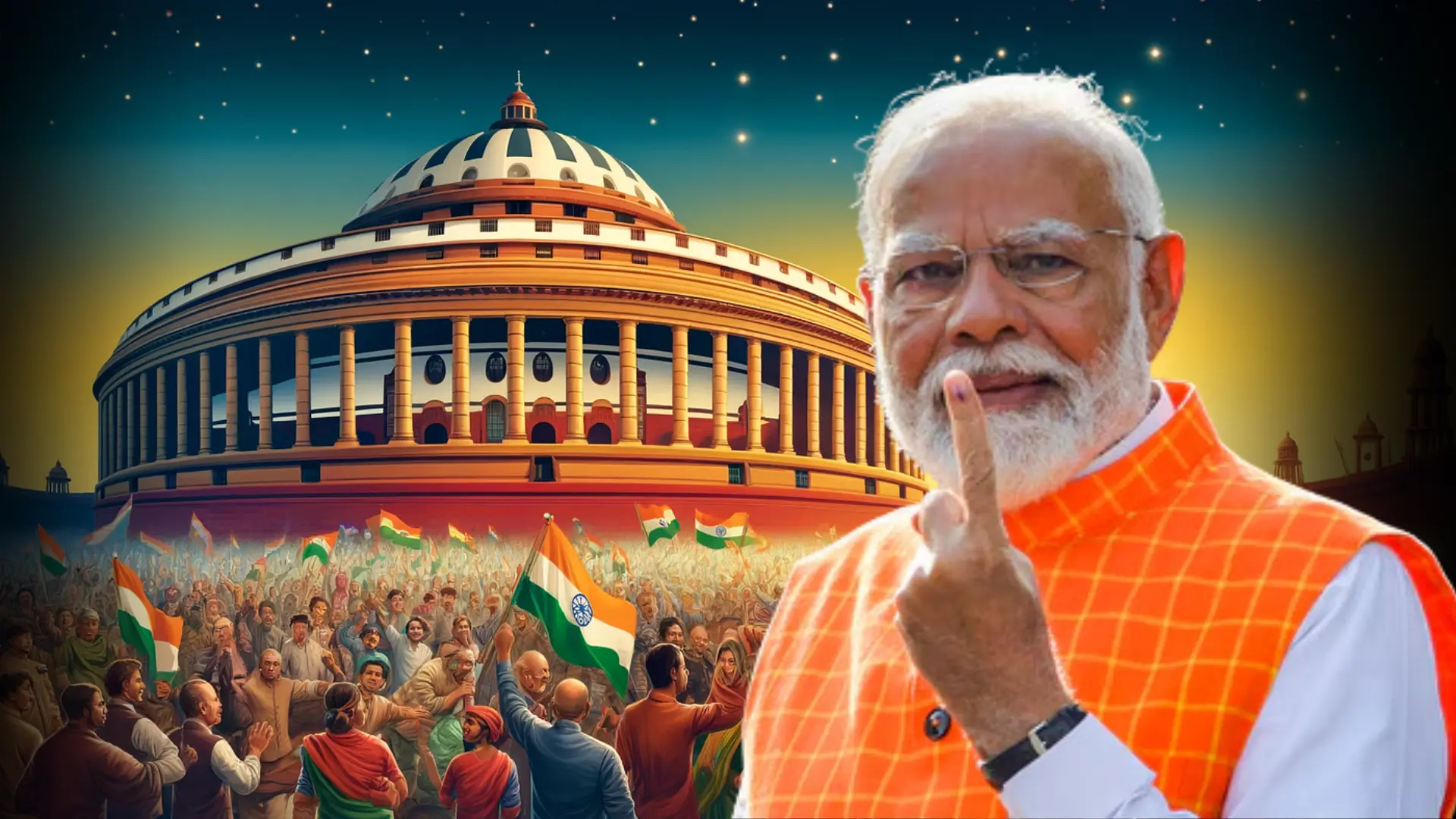The Supreme Court today expressed profound dissatisfaction with the West Bengal government’s handling of the rape and murder of a 31-year-old post-graduate trainee doctor at Kolkata’s RG Kar Medical College and Hospital. The case, which has sparked nationwide outrage and led to widespread protests, was taken up by the Supreme Court on its own initiative, highlighting the severity of the incident and the pressing need for accountability.
CJI DY Chandrachud on the case
The hearing was presided over by a three-judge bench led by Chief Justice of India (CJI) DY Chandrachud, along with Justices JB Pardiwala and Manoj Misra. CJI Chandrachud did not mince words in his criticism of the procedural lapses and delays in the case. “The nation cannot wait for another rape for changes on the ground,” the Chief Justice remarked, underscoring the urgent need for systemic reforms to protect women, particularly those in vulnerable professions such as medicine.
CJI Chandrachud’s observations during the hearing were pointed and direct. “Medical professions have become vulnerable to violence. Due to ingrained patriarchal biases, women doctors are targeted more. As more and more women join the workforce, the nation cannot wait for another rape for things to change on the ground,” he noted. His statement reflected a broader concern about the safety of women in the workforce and the failure of institutions to provide adequate protection.
The bench raised serious questions regarding the actions of the hospital’s administration and the local police, particularly focusing on the delay in filing the First Information Report (FIR) and other procedural issues. “Why was FIR registered three hours after the body was handed over for cremation?” the Supreme Court bench asked, emphasizing the gravity of the situation.
About the case
The case dates back to August 9, when the post-graduate trainee doctor was found dead under suspicious circumstances at RG Kar Medical College. The incident quickly gained national attention, with various women’s rights groups and medical associations demanding justice. The Supreme Court’s intervention came after it became apparent that there were significant lapses in how the case was being handled by the local authorities.
During the proceedings, the Chief Justice questioned the role of the hospital’s principal and the actions taken by the police. “What was the principal doing? FIR was not filed; the body was handed late to the parents. What is the police doing? A serious offence has taken place, the crime scene is in a hospital… What are they doing? Allowing vandals to enter the hospital?” CJI Chandrachud asked, highlighting the apparent negligence.
Kapil Sibal, representing the West Bengal government, attempted to justify the actions of the hospital and the police. He argued that photos were taken immediately after the incident, a case of unnatural death was registered, and a board was constituted with a judicial magistrate present. However, CJI Chandrachud remained unconvinced, stating that it was the hospital’s duty to file the FIR, particularly when the victim’s parents were not present.
Justice Pardiwala also raised concerns about the timeline of the FIR. “Who is the first informant who filed the FIR? What is the time of the FIR?” he inquired. Sibal responded that the victim’s father was the first to file the FIR at 11:45 pm, followed by the vice principal of the hospital. Despite this explanation, the bench remained troubled by the delay, noting that the victim’s body was handed over for cremation at 8:30 pm, yet the FIR was only registered three hours later.
Scrutiny over the case
CJI Chandrachud further criticized the hospital’s administration for its handling of the case. “It appears the crime was detected in the morning. The hospital’s principal tried to pass it off as suicide and the parents were not allowed to see the body. No FIR was filed,” he stated. Sibal countered by saying, “That is not correct. FIR registered immediately, and the inquest shows it is a case of murder.” However, the discrepancy in the timeline and the manner in which the case was managed continued to raise serious concerns.
The scrutiny extended to Sandip Ghosh, who was the principal of RG Kar Medical College at the time of the incident. Ghosh resigned from his position just two days after the doctor’s death but has since been questioned by the Central Bureau of Investigation (CBI) for nearly 53 hours over the past four days. His resignation and subsequent reassignment as principal at another college have also come under the lens.
The Chief Justice noted, “After the principal’s resignation, he was reassigned as principal in another college.” This observation led to further judicial intervention, with the Calcutta High Court instructing the West Bengal Health Department not to appoint Mr. Ghosh to any other medical college until further notice. This directive came in response to the protests from students and junior doctors during his brief and controversial appointment as the principal of Calcutta National Medical College and Hospital.
Must Read: Kolkata Rape & Murder Case: CBI Receives Approval To Hold Accused Polygraph Test













